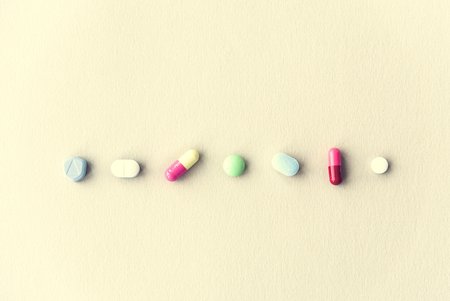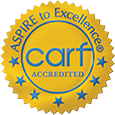 People not connected to the worlds of addiction and recovery may not know that one of the fastest growing substance abuse epidemics is prescription pill addiction. The 2014 National Survey on Drug Use and Health found that around 15 million people used a medication not prescribed to them or for a non-medical purpose. Prescription pill abuse shows a dramatic increase over the past decade.
People not connected to the worlds of addiction and recovery may not know that one of the fastest growing substance abuse epidemics is prescription pill addiction. The 2014 National Survey on Drug Use and Health found that around 15 million people used a medication not prescribed to them or for a non-medical purpose. Prescription pill abuse shows a dramatic increase over the past decade.
Because physicians and patients were unaware of potential dangers of certain pharmaceutical painkillers, the number of people fighting prescription pill addiction and dying of overdoses skyrocketed. According to the National Institute of Health, the number of people dying from prescription drug overdoses more than doubled between 2001 and 2014. (source)
Abuse of Medication Can Lead to Prescription Pill Addiction
With any prescription drug, it is imperative that you follow the instructions of a health-care provider. Know about effects of the drug and the dangers of prescription pill addiction. Choosing on your own to increase or decrease your dosage can cause harm that is difficult to predict.
Medications Abused
The drugs most commonly abused fall within three classes.
- Opioids painkillers
- Central nervous system depressants, such as benzodiazepines, used to treat anti-anxiety.
- Stimulants used to treat attention deficit disorder
Medications of these types have effects similar to street drugs, causing some people to misuse them to get high. They also have greater potential for dependence. This need means that someone may originally take the drug for a medical issue, but then feel unable to function without it.
Effects of Drug Abuse
These three highly addictive prescription drugs all have dangerous side effects. The higher a dosage you take, and the longer you use it habitually, the higher the dangers. Health risks include but are not limited to the following.
- Opioids can cause low blood pressure, slowed or even stopped breathing.
- Anti-anxiety drugs can cause memory problems, low blood pressure, and stop your breathing.
- Stimulants can cause high blood pressure, heart problems, seizures, mania, and hallucinations.
The more often you take a drug, the greater tolerance your body develops for that substance. This resistance means that your body adapts to your use so that the same dosage can have less of an effect on you over time. This resistance causes most users to increase their dosage, needing to take more and more to get the same highs they did initially.
Avoiding Prescription Pill Addiction
While prescription pill addiction is a concern, there is a very low risk of abuse or addiction if you take the medication according to your doctor’s instructions. Follow the instructions he or she gives you, including a plan to “taper off” for when you no longer need it. Know the risk factors that can increase the likelihood of addiction.
- Having issues with addiction or substance abuse in the past or present.
- A family history of substance abuse problems.
- Younger age (teens or 20s) Mental health problems
- Taking multiple medications together
If you are concerned about these risk factors, talk to your doctor about medications with a lower risk of dependence, as well as alternative tools for pain management.
Treatment for Prescription Pill Addiction
There is help if you are currently abusing or addicted to pharmaceutical drugs. Know that change is very possible. You can’t defeat the illness of dependency with ‘willpower’ alone. Also, quitting “cold turkey” can cause an unpleasant, and sometimes even dangerous, withdrawal. Checking into a qualified drug rehab center for inpatient treatment gives you a supervised withdrawal that keeps you safe and comfortable. This recovery is followed by a period of rigorous self-examination and the building of a support network. This allows you to learn how to develop skills to maintain your sobriety.

